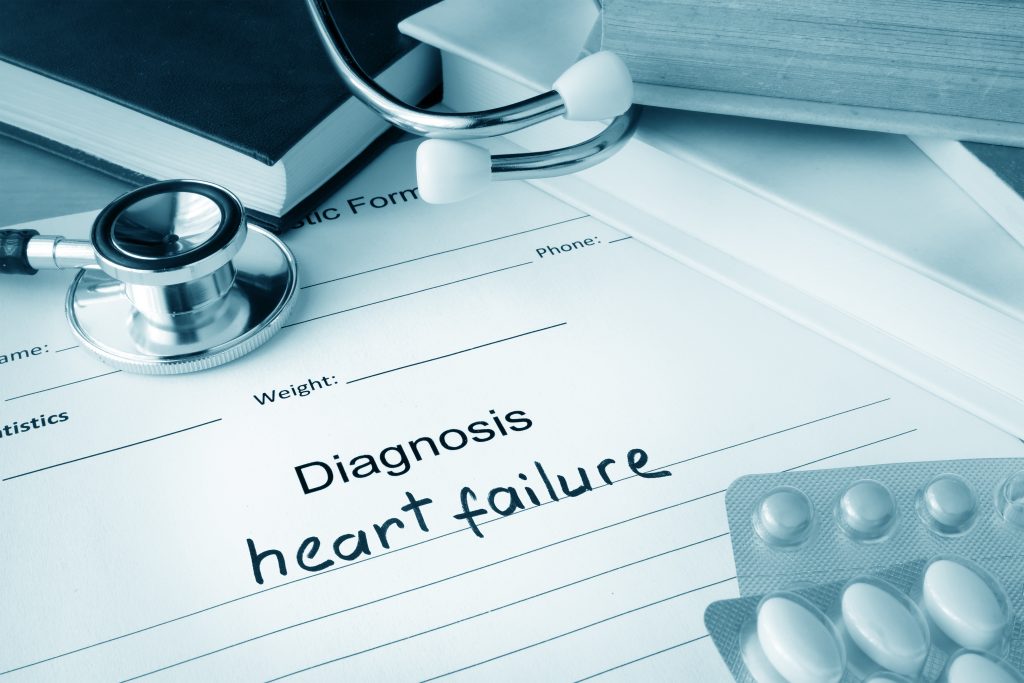Arq. Bras. Cardiol. 2020; 115(5): 828-829
Angiotensin Receptor-Neprilysin Inhibition Therapy and Improved Exercise Parameters in Heart Failure with Reduced Ejection Fraction
This Short Editorial is referred by the Research article "Maximal Oxygen Uptake and Ventilation Improvement Following Sacubitril-Valsartan Therapy".
Heart failure (HF) with reduced ejection fraction (HFrEF) has increased significantly in the last three decades and is associated with high morbidity and mortality. In patients with HF, exercise intolerance suggested by dyspnea or fatigue during exertion is the hallmark of the disease. Additionally, health-related quality of life is known to be markedly reduced in HFrEF patients. The severity of this exercise limitation and low quality of life has been shown to correlate to worse prognosis. For this functional and objective assessment, cardiopulmonary exercise testing (CPET) has played an important role on identifying those worse-prognosis patients and has been able to evaluate the effectiveness of different therapies for this HF population, such as the switch of angiotensin-converting enzyme inhibitors (ACEI) to angiotensin receptor neprilysin inhibition (ARNI).
The Prospective Comparison of ARNI with ACEI to Determine Impact on Global Mortality and Morbidity in Heart Failure (PARADIGM-HF) trial randomized HFrEF patients with New York Heart Association functional class (NYHA) II-IV to the angiotensin receptor neprilysin inhibitor (sacubitril-valsartan) 200 mg twice daily or enalapril 10 mg twice daily and showed a consistent reduction on cardiovascular death, all-cause death and HF-related hospitalizations in the sacubitril-valsartan group. Moreover, the PARADIGM-HF showed improvement in overall quality of life as determined by the Kansas City Cardiomyopathy Questionnaire (KCCQ). Specifically, the greatest baseline limitations and improvements after sacubitril-valsartan were related to activities such as jogging and sexual intercourse, which might be a surrogate marker of better exercise capacity after switching the therapy, although very subjective.
[…]
Keywords: Exercise; Fatigue; Heart failure; Intolerance; Morbidity; Mortality; Prognosis; Stroke Volume
2,686

